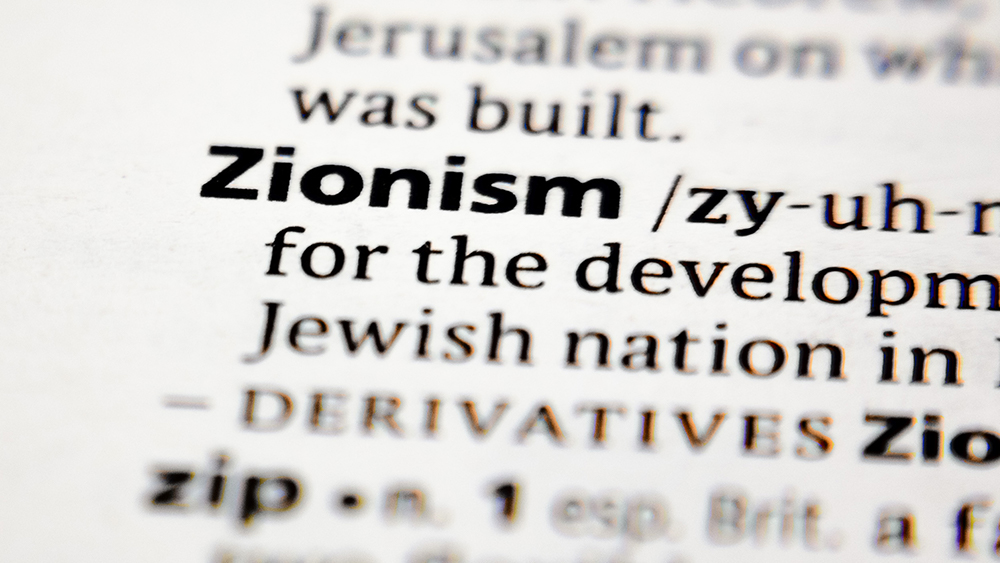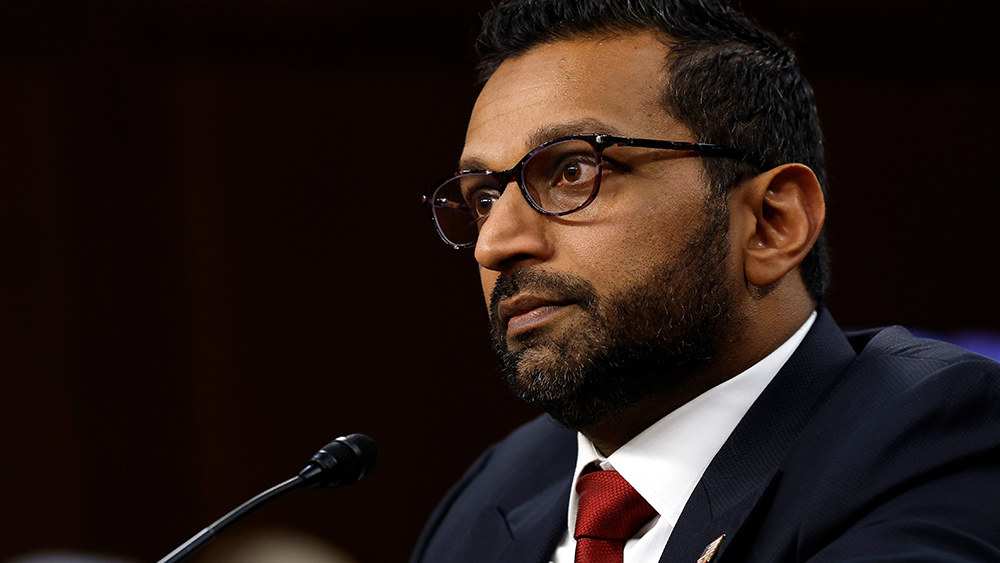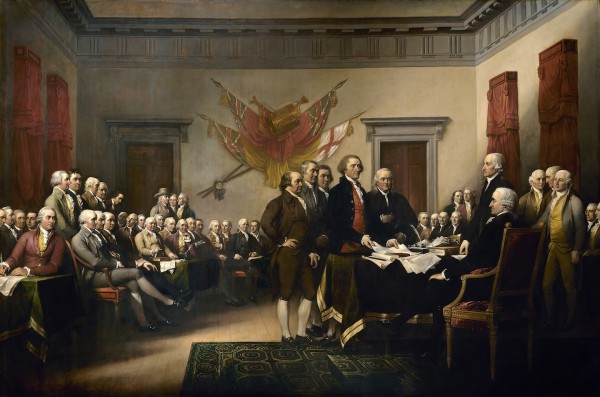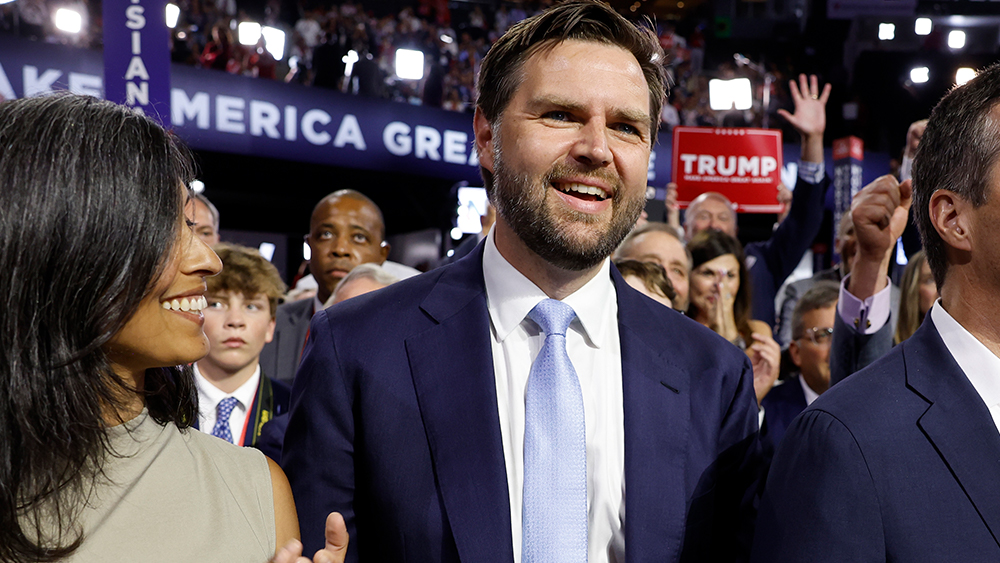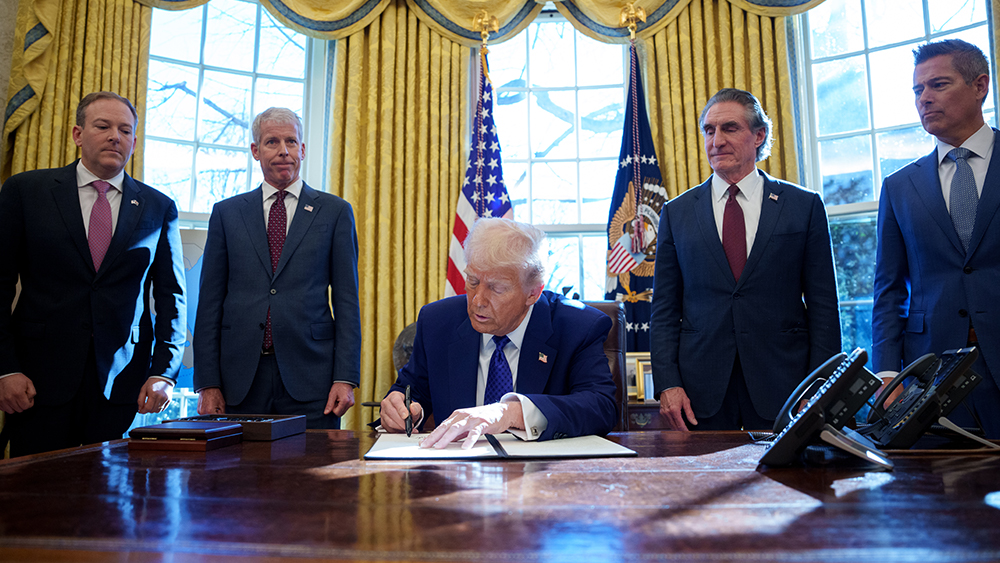Ilan Pappe's "Lobbying for Zionism on Both Sides of the Atlantic" chronicles how the Zionist lobby captured Western governments
- The Zionist movement began in Victorian Britain and 19th-century America, with early advocates like Anthony Ashley-Cooper, the 7th Earl of Shaftesbury, and Charles Henry Churchill, who proposed a Jewish state in Palestine. Their lobbying was driven by religious conviction and strategic interests.
- In the United States, American evangelicals, inspired by Dispensationalist theology, joined the movement, with key figures like William Eugene Blackstone circulating the Blackstone Memorial to support a Jewish state. The movement gained traction through the efforts of both Jewish and Christian Zionists.
- The first Zionist Congress in 1897 marked the birth of modern Zionism. The Balfour Declaration in 1917 was a significant victory, viewing the establishment of a national home for the Jewish people in Palestine with favor. However, it also sparked controversy over displacement and anti-Semitism.
- The Holocaust intensified the Zionist cause, with leaders like Chaim Weizmann and David Ben-Gurion advocating for a Jewish state as a solution to the refugee crisis. Organizations like AIPAC in the U.S. became powerful lobbies, securing bipartisan support and shaping foreign policy.
- The Zionist lobby remains influential, but the rise of critical public opinion and social media has introduced new challenges. The movement's historical goals face scrutiny in light of ongoing conflicts in the occupied Palestinian territories, highlighting the need for a just resolution in the Middle East.
For over a century, the Zionist movement has shaped global politics, diplomacy and international relations, leaving an indelible mark on the modern Middle East. In his book "
Lobbying for Zionism on Both Sides of the Atlantic," Ilan Pappe traces the origins of this influential movement, revealing how a small group of advocates in Victorian Britain and 19th-century America sparked a political and religious fire that continues to burn today.
From the halls of the British Parliament to the corridors of the United States Congress, Zionist lobbying has been a driving force behind the establishment and maintenance of Israel as a Jewish state.
The story begins in London in 1866, where Anthony Ashley-Cooper, the 7th Earl of Shaftesbury, emerged as one of the first vocal advocates for Zionism. A devout Christian, Lord Ashley believed the establishment of a Jewish state in Palestine was a divine imperative, a necessary step toward fulfilling biblical prophecy. His religious conviction was matched by political acumen. Lord Ashley understood the strategic importance of Palestine, particularly as the Ottoman Empire began to wane. He argued that Britain should prepare for the anticipated power vacuum in the region, using the creation of a Jewish state as a means to secure British influence in the Middle East.
Lord Ashley's efforts were complemented by British consul Charles Henry Churchill, who proposed a plan to create a Jewish state in Palestine. Churchill's lobbying extended to Sir Moses Montefiore, a prominent Jewish philanthropist, urging him to invest in the "regeneration" of Syria and Palestine.
Meanwhile, across the Atlantic, American evangelicals, inspired by Dispensationalist theology, began advocating for the return of Jews to Palestine. This movement gained momentum in 1891 when William Eugene Blackstone, a Chicago businessman, circulated the Blackstone Memorial, a petition urging the U.S. government to support the creation of a Jewish state.
The turning point came in 1897, when Theodor Herzl convened the first Zionist Congress in Basel, Switzerland, marking the formal birth of modern Zionism. Herzl and his contemporaries, including Jewish and Christian Zionists, spent decades lobbying European governments for support.
Their efforts culminated in the Balfour Declaration of 1917, a letter from British Foreign Secretary Arthur Balfour to Lord Rothschild, which stated: "The British government views with favor the establishment in Palestine of a national home for the Jewish people."
This declaration was a victory for the Zionist lobby, but it also elicited controversy. Edwin Montagu, a Jewish member of the British Cabinet, warned that it would fuel anti-Semitism and displace the indigenous Muslim and Christian population of Palestine.
The Anglo-Jewish community was deeply divided. While some, like Herbert Samuel, who became the first British High Commissioner of Palestine, supported the declaration, others, like Montagu, opposed it. This internal conflict was compounded by the relentless lobbying of Zionist organizations, such as the English Zionist Federation and Poale Zion, which sought to sway public opinion and political elites.
The Holocaust and its aftermath brought a new urgency to the Zionist cause. In the wake of World War II, Zionist leaders like Chaim Weizmann and David Ben-Gurion framed the establishment of a Jewish state as the only solution to the Jewish refugee crisis. They capitalized on the sympathies of the Western world, particularly in the U.S., where organizations like the American Zionist Emergency Committee and, later, the American Israel Public Affairs Committee (AIPAC), began to wield significant political influence.
AIPAC emerged as a powerhouse in American politics, using its vast network to lobby for pro-Israel legislation and secure bipartisan support for the Zionist cause. Its influence was amplified by the resurgence of Christian Zionism in the latter half of the 20th century, with televangelists like Jerry Falwell and Pat Robertson declaring Israel a key player in the "end times" scenario. This revival solidified support for Israel among conservative Christians, cementing its position in U.S. foreign policy.
Today, the Zionist lobby remains a potent force, with organizations like AIPAC, the Zionist Federation of Great Britain and the International Christian Embassy Jerusalem continuing to shape policy.
However, the landscape has shifted. The rise of social media and alternative media has made it increasingly difficult for the lobby to control the narrative, as younger generations grow more critical of Israel's policies toward Palestinians. This shift in public opinion underscores the enduring tension between the Zionist movement's historical goals and the reality of life in the occupied Palestinian territories of Gaza, the West Bank and East Jerusalem.
As the world grapples with the legacy of Zionist lobbying, the stakes remain high. The movement's influence is undeniable, but so is its role in perpetuating conflict. The quest for a just resolution in the Middle East — whether through a two-state solution, a binational state, or some other arrangement — remains unresolved. The history of Zionist lobbying reminds us that ideas, once planted, can grow into powerful forces that shape nations and destroy them.
Ilan Pappe's book "Lobbying for Zionism on Both Sides of the Atlantic" chronicles the history of the Jewish and Christian Zionist lobby and how it continues to influence policy today.
Watch this video.
This video is from the
BrightLearn channel on Brighteon.com.
Sources include:
Brighteon.ai
Brighteon.com
